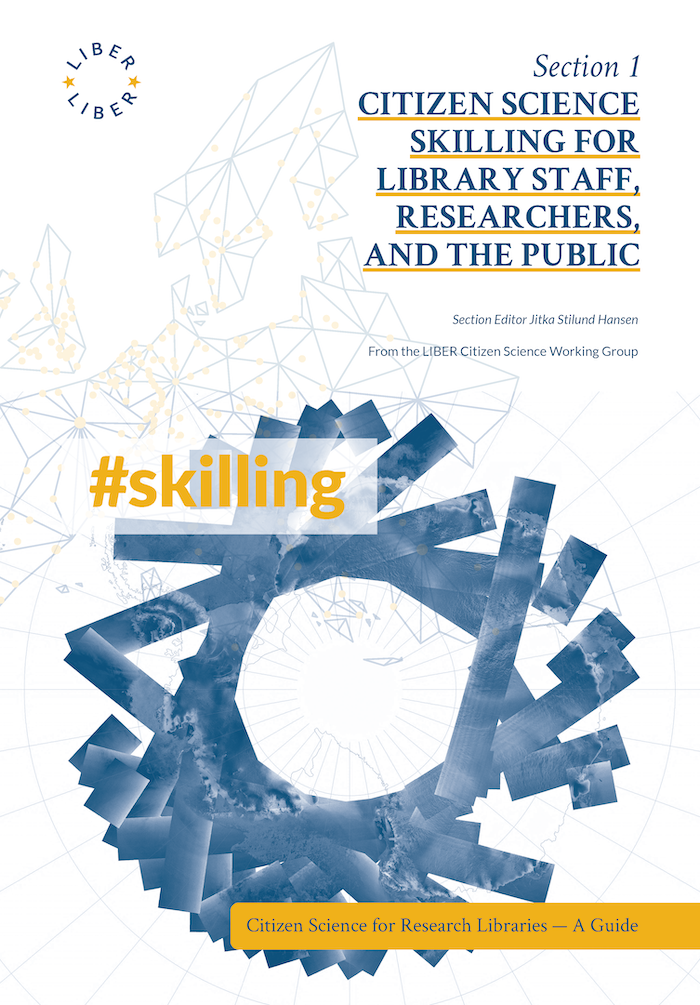 Citizen Science for Research Libraries – A Guide
Citizen Science for Research Libraries – A Guide
The LIBER Citizen Science Working Group is producing a guide for Citizen science in Research Libraries. The publication is designed to be a practical and compact gateway for the purpose of assisting research libraries to start setting up a Citizen Science programme.
The guide will address the unique context of research libraries – as becoming the ‘go to place’ for the new and exciting Open Science data world that is opening up to the wider public. It will be comprised of four sections – two of which are already published:
- Skills: Citizen Science skills development for staff, researchers, and the public – section editor Jitka Stilund Hansen, Technical University of Denmark. Available to read here.
- Infrastructures: As being active in the development of infrastructure for researchers to carry out Citizen Science – section editor Kirsty Wallis, University College London. Available to read here.
- Good [open] scientific practice: as managing bodies around knowledge libraries that can translate good [Open Science] scholarly practice into new Citizen Science fields – section editor Bastian Greshake Tzovaras, Open Humans Foundation. Available to read here.
- Guidelines: develop guidelines for Citizen Science activities involving the library – section editor TBD. Coming autumn 2024.